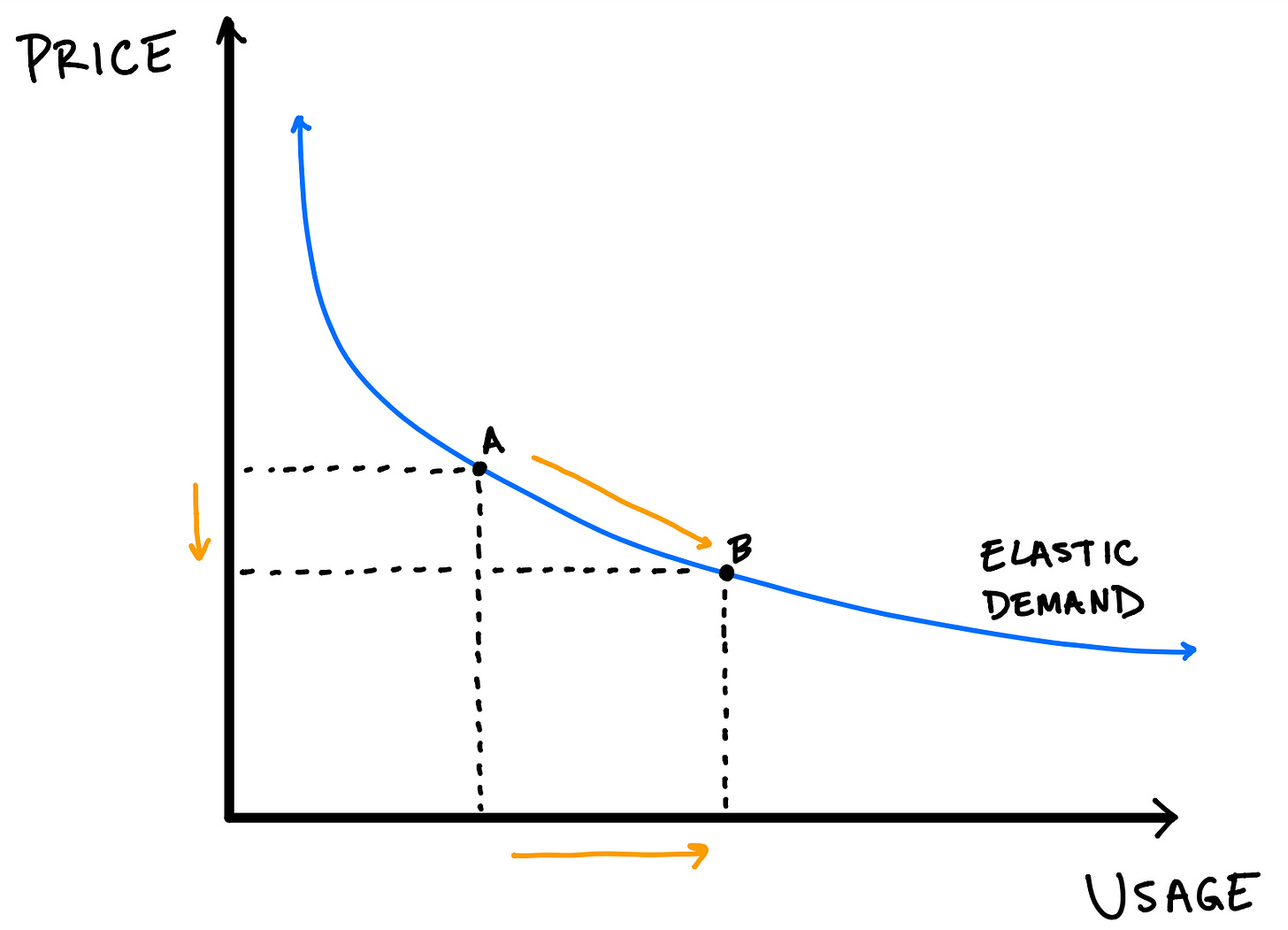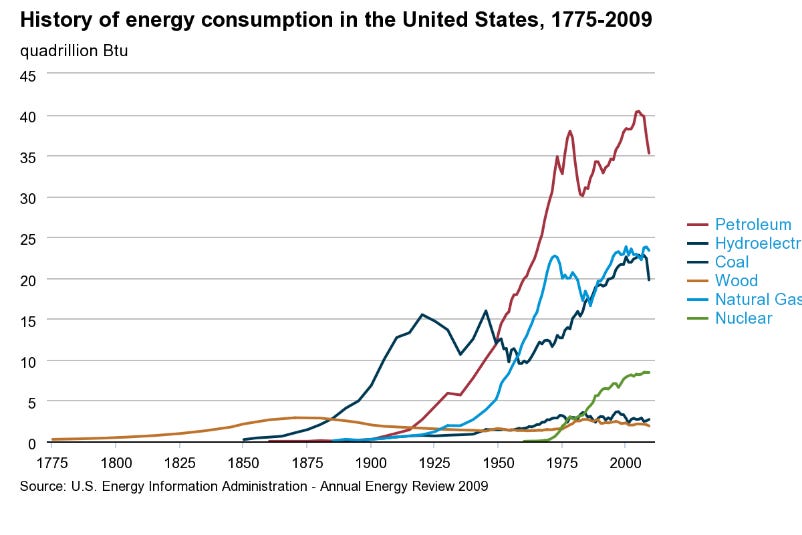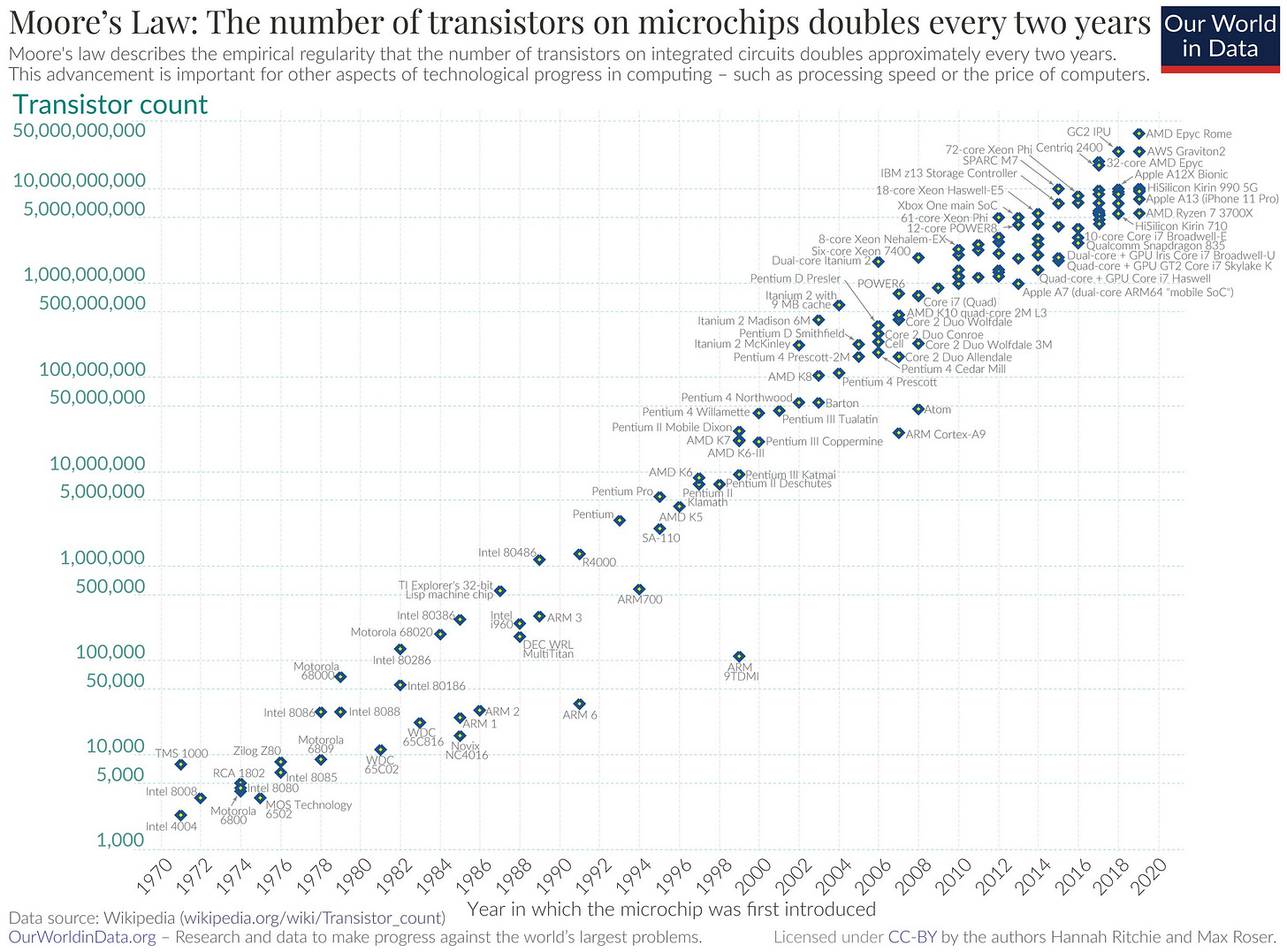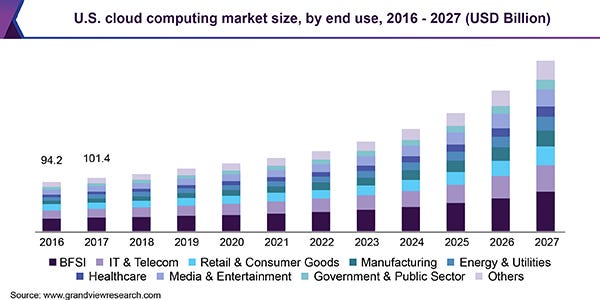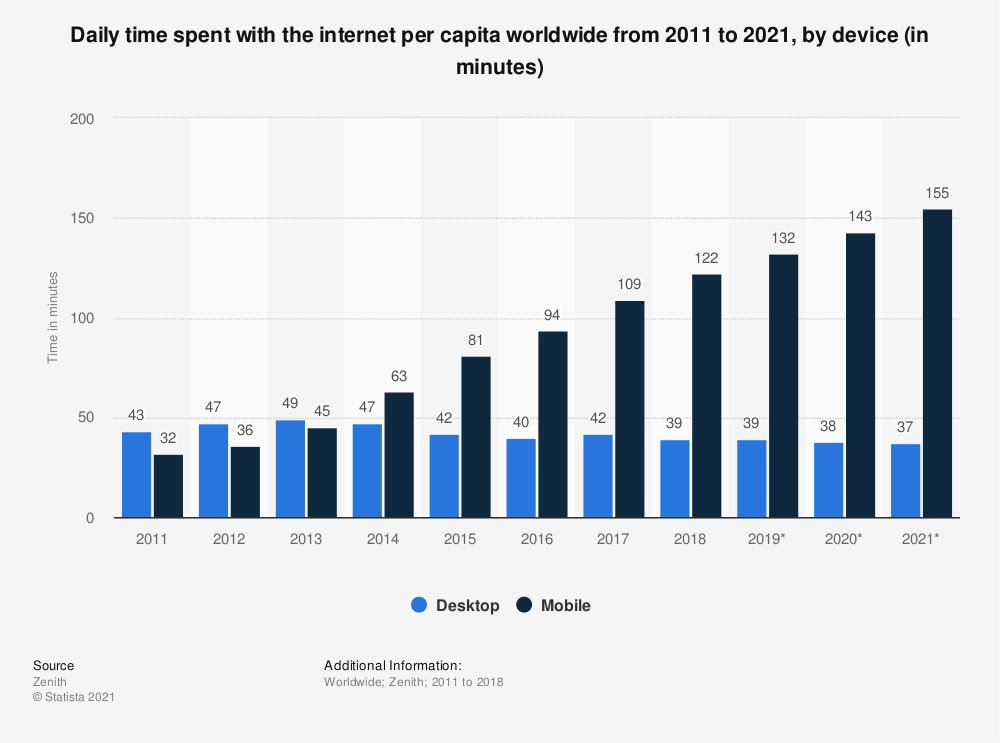Jevons Paradox and Software Efficiency
The Jevons Paradox is when an increase in efficiency of a resource leads to an increase in consumption due to increased demand.
In 1865, an economist named William Jevons observed that the technological improvements that made coal power more efficient increased the overall consumption of coal.
Software exhibits Jevons paradox.
"What Andy giveth, Bill taketh away."
This saying was common in the 90s. It means that software built by Microsoft's CEO Bill Gates was quick to consume any advances in hardware built by Intel's CEO Andy Grove. Jevons Paradox is closely related to Moore's law.
Others have observed that software is getting slower more rapidly than hardware is becoming faster (Wirth's Law) or that software efficiency halves every 18 months, compensating Moore's law (May's Law).
Here are four practical applications of Jevons Paradox to software that are happening right now.
Cloud computing efficiencies lead to high resource usage. Elastic compute and tighter autoscaling have made cloud computing even more efficient than it was before. Pay-per-usage APIs and services like AWS Lambda should decrease resource consumption because of more efficient abstractions. Instead, those abstractions increase consumption as new workflows and use cases are unlocked.
Faster network speeds lead to more network usage. For example, YouTube increased the efficiency of their website, which decreased their page load time (source, 2012). As a result, users with poor internet connections that would have previously dropped off were staying on the site. The physical analogy is that larger roads lead to more traffic.
Cryptocurrencies. Crypto network efficiency has increased, developers have built higher-level protocols. Yet, more resources are being used than ever before on the network. More extensive and more efficient networks made way for new use cases like NFTs and DeFi.
Low-code and MicroSaaS. Developers can build software faster than ever before. Yet, developers are more in demand than ever before, and they are creating more software. So now it makes sense to build software for niche use cases.

